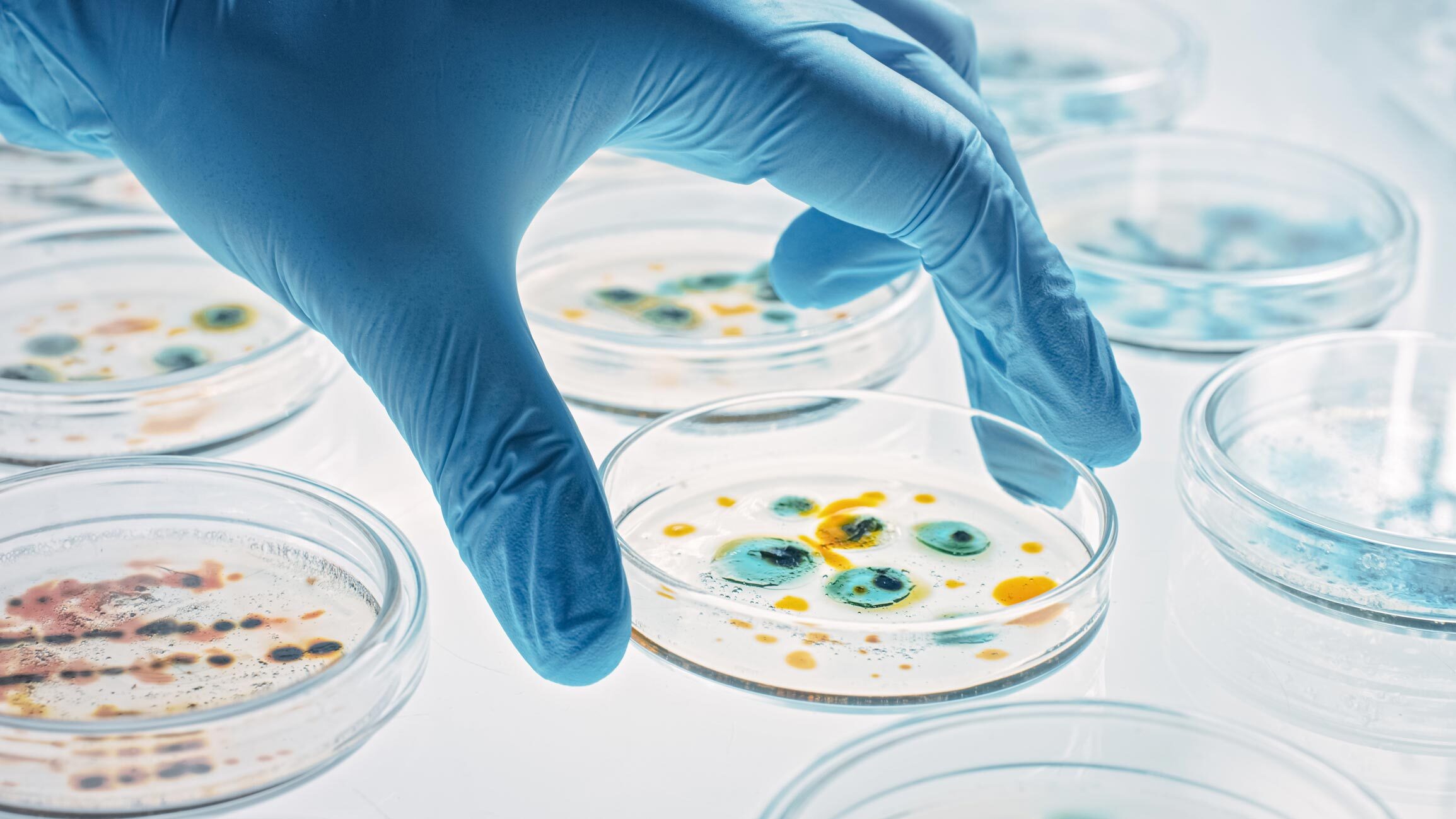
SponGee: A Genetic Tool for cGMP Manipulation
DESCRIPTION
SponGee are animals with dense skeletons that are highly adapted to their environments.
Interactive effects between multiple stressors, namely climate drivers (e.g., temperature) and chemical pollution (e.g., endocrine disruptors) are poorly studied.
Here, it was for the first time evaluated the combinatory effects of temperature and a synthetic progestin, levonorgestrel (LNG), on the fitness and reproductive-related endpoints of zebrafish (Danio rerio).
A multi-factorial design was implemented by manipulating both temperature [setting as baseline an ambient temperature of 27 °C, against warming (+3 °C)] and LNG levels (10 ngL−1 and 1000 ngL−1). Groups of males and females were exposed sub-acutely, for 21-days.
Increased temperature caused an overall decrease in the females’ gonadosomatic index (GSI), during the pre-reproduction phase, LNG did not affect GSI.
In addition, fecundity (number of ovulated eggs) was negatively affected by both temperature and LNG, being the effect of the latter more intense.
Fish exposed to the highest LNG concentration (at both temperatures) did not reproduce, but also in those exposed to the lowest dose of progestin at a higher temperature, a complete reproductive failure occurred.
These results reflect what was observed in the stereological analysis of the ovary maturation stages prior to reproduction.
Accordingly, the higher the LNG concentration, the lower the degree of maturation of the ovary. This was exacerbated by the higher temperature.
As to embryonated eggs, they hatched significantly faster at higher temperatures, but exposure to 10 ngL−1 of LNG reduced significantly the hatching rate.
Further, the recrudescence of the ovary 48 h after spawning seems to be not affected by both stressors.
Our data suggest that in a future scenario of global warming and synthetic hormones exposure, the reproduction of fish species, such as the zebrafish, can be endangered, which can put at risk their success, and consequently affect the structure and functioning of associated aquatic ecosystems.